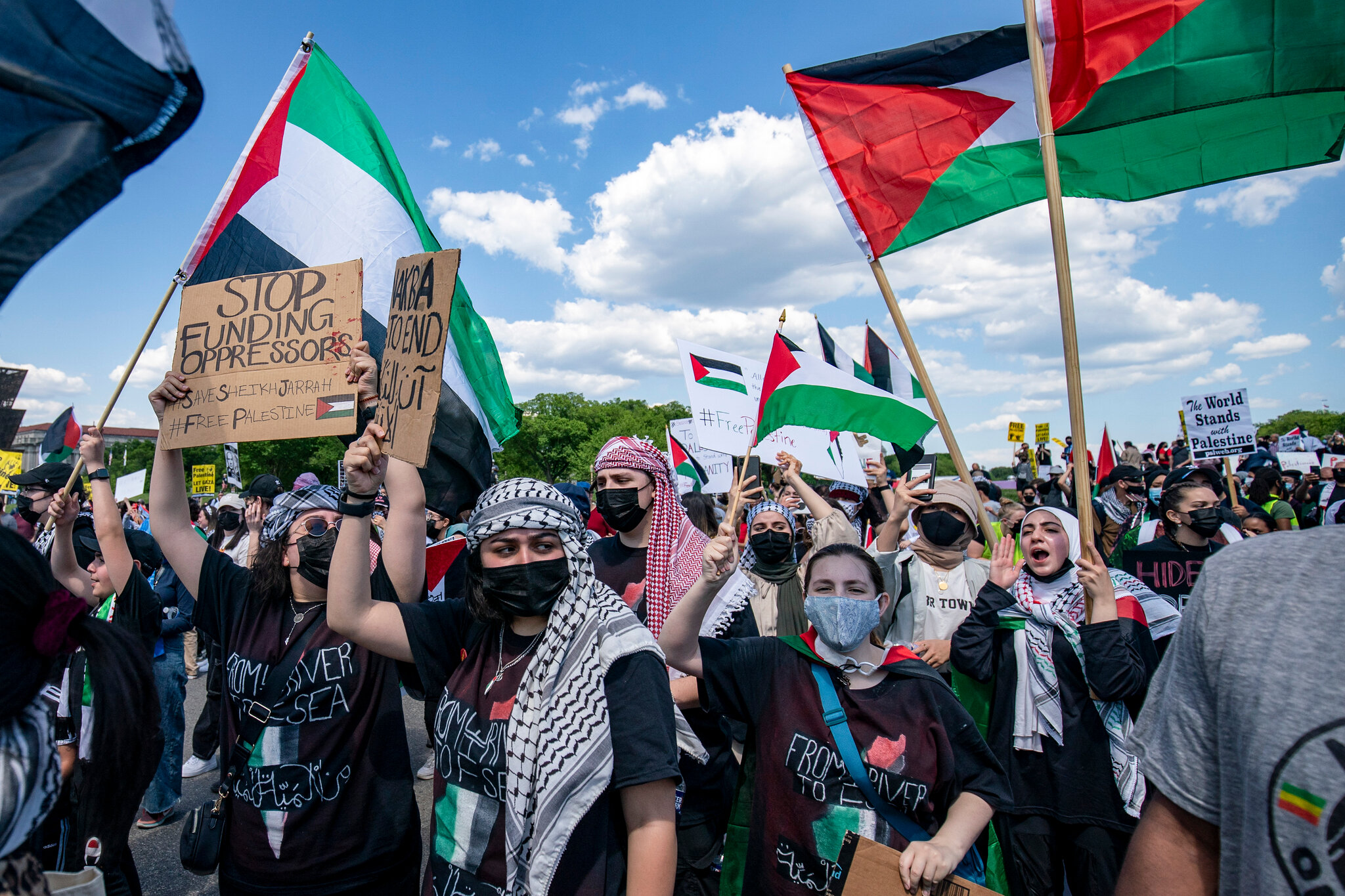Timeline: Tunisia’s rocky road from revolution to democracy
Tunis Reuters) – Tunisian Prime Minister Elyes Fakhfakh resigned after the biggest party in his coalition began pushing for a vote of no confidence in the government.
President Kais Saied asked him to step down as momentum grew in parliament to oust the prime minister over an alleged conflict of interest, political sources told Reuters.
Although Tunisia has managed to move peacefully to democracy after throwing off autocratic rule in the uprising of 2011 that sparked the Arab Spring revolts, successive governments have failed to tackle social hardship and unemployment.
Here is a timeline of major events from the revolution to Fakhfakh’s resignation.
* December 2010 – Vegetable seller Mohamed Bouazizi sets himself on fire after police confiscate his cart. His death and funeral spark protests over unemployment, corruption and repression.
* January 2011 – Autocrat Zine El-Abidine Ben Ali flees to Saudi Arabia, as Tunisia’s revolution triggers uprisings across the Arab world.
* October 2011 – Moderate Islamist party Ennahda, banned under Ben Ali, wins most seats and forms a coalition with secular parties to plan a new constitution.
* March 2012 – Growing polarisation emerges between Islamists and secularists, particularly over women’s rights, as Ennahda pledges to keep Islamic law out of the new constitution.
* February 2013 – Secular opposition leader Chokri Belaid is shot dead, prompting street protests and the resignation of the prime minister. Jihadists mount attacks on police.
* December 2013 – Ennahdha cedes power after mass protests and a national dialogue, to be replaced by a technocratic government.
* January 2014 – Parliament approves a new constitution guaranteeing personal freedoms and rights for minorities, and splitting power between the president and prime minister.
* December 2014 – Beji Caid Essebsi wins Tunisia’s first free presidential election. Ennahda joins the ruling coalition.
* March 2015 – Islamic State attacks on the Bardo Museum in Tunis kill 22 people. In June a gunman kills 38 at a beach resort in Sousse.
The attacks devastate the vital tourism sector and are followed by a suicide bombing in November that kills 12 soldiers.
* March 2016 – The army turns the tide against the jihadist threat by defeating dozens of Islamic State fighters who rampage into a southern town from across the Libyan border.
* August 2016 – Parliament chooses Youssef Chahed as prime minister after ousting his predecessor for slow progress in enacting economic reforms as the International Monetary Fund negotiates a loan programme worth around $2.8 billion.
* December 2017 – The economy approaches crisis point as the trade deficit soars and the currency slides.
* January 2018 – Protesters march in cities across the country over lower living standards caused by the economic problems and government efforts to reduce the deficit by cutting subsidies and hiking tax.
* May 2018 – Ennahda does better than other parties in municipal elections, but with public frustration over the economy, only 34% of voters turn out.
* July 2019 – With elections looming, Essebsi dies. The presidential vote is brought forward from November to September.
* October 2019 – Voters show dissatisfaction with the major parties, first electing a deeply fractured parliament and then political outsider Kais Saied as president.
* January 2020 – Saied designates Fakhfakh as prime minister after parliament rejects a government proposed by an earlier nominee.
* April 2020 – Tunisia secures a $743 million loan from the IMF to help counter the economic effects of the coronavirus.
* July 2020 – Pressure on the government mounts after opponents call for Fakhfakh’s resignation over an alleged conflict of interest by owning shares in companies that had received state contracts. He denied wrongdoing.



